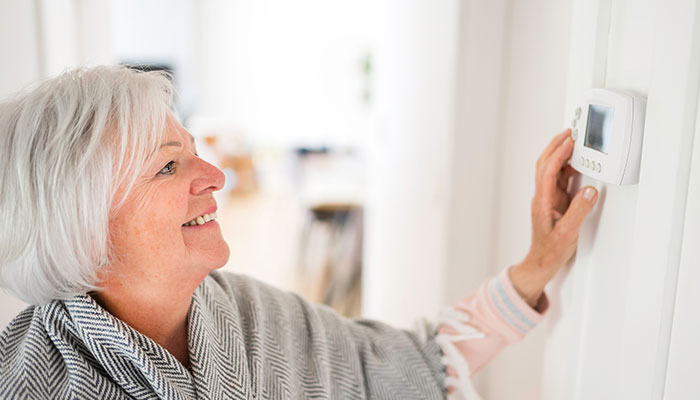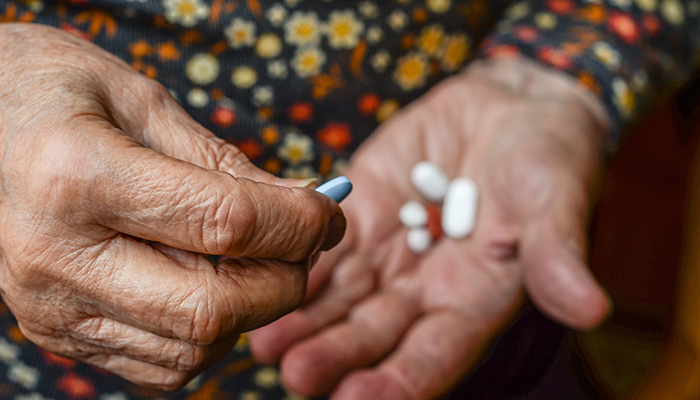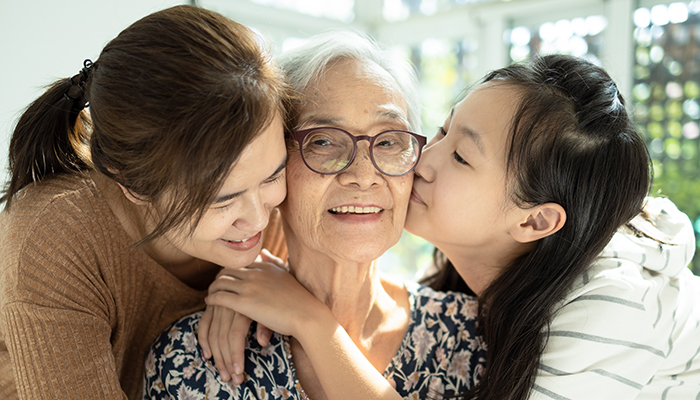The dangers of cold weather are obvious outdoors. But there are dangers indoors, too, most often because the house thermostat is set too low. People can die from being too cold. Older adults are especially at risk.
Signs of low body temperature (hypothermia). Shivering is the body’s first response to cold. Later symptoms include stiff or slowed movement, slurred speech, sleepiness, mental confusion, or a weak pulse.
If your loved one’s temperature is 96 degrees or less, call 911 for emergency assistance. While you wait, make sure the person you care for is dry. Cover him or her with a dry blanket and offer a warm, nonalcoholic beverage.
The key risk factors for hypothermia
- Health conditions that affect blood flow, such as heart disease, diabetes, and stroke
- Medications such as sleep aids and major tranquilizers
- Lack of physical activity
- Alcohol consumption and/or inadequate intake of liquids (dehydration)
- Concern about finances and the cost of heating
The key preventives
- A warm-enough house. Set the thermostat to 68–70 degrees. Even a home temperature of 60–65 degrees can set off hypothermia in an older person. Consider a thermostat that you can read remotely.
- Appropriate clothing. Many layers of light clothing trap body heat better than one heavy coat. If your family member is sedentary, consider adding a hat, mittens, or socks with fleecy slippers.
- Close doors to unused rooms. Also block drafts from windows and doors.
- Eat well and drink plenty of fluids. The body needs fuel to keep up its temperature.
- Consider a portable heat source. If you add a space heater in the bedroom or beside a favorite chair, be sure it is placed far from items that can catch fire.
Check in often to be sure they are doing well. Look for signs of hypothermia.
Options to reduce energy costs
- Add weather stripping around windows and doors. Hang curtains that keep heat in and cold out.
- Provide a personal heat source such as a hot water bottle or a warming bag that can be reheated in the microwave.
- For help with utility bills, contact your state’s branch of the national Low Income Home Energy Assistance Program (LIHEAP), or call the National Energy Assistance Referral (NEAR) project toll-free at 1-866-674-6327 for a referral.
- For help with making a home more energy efficient, contact the Weatherization Assistance Program.
Are you concerned about winter?
The cold weather is not easy on older adults. As the San Francisco experts in family caregiving, we at Compassionate Community Care can help you keep your loved one safe. Give us a call at (415) 921-5038










